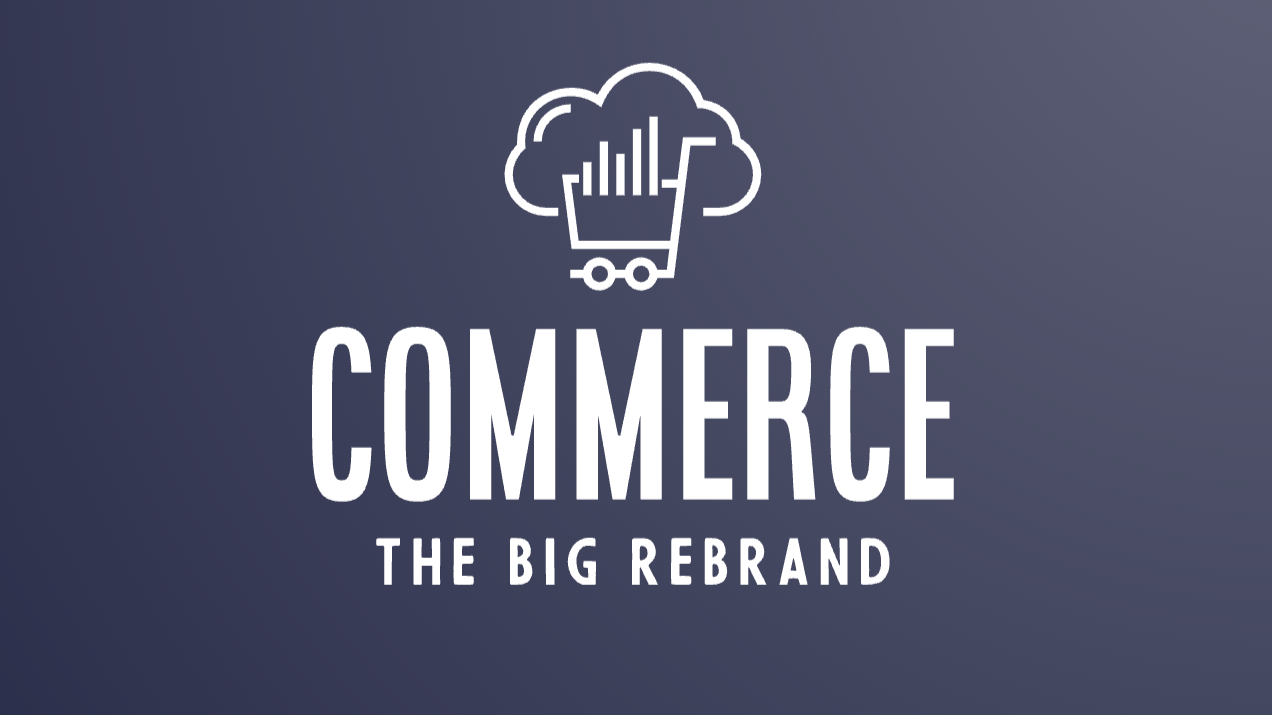

Image Source: FreeImages
Have you ever found yourself desperately craving caffeine, hands glued to the steering wheel, while simultaneously trying to navigate a bustling city and bark orders at your phone's voice assistant? We've all been there. In this age of instant gratification, we expect our digital companions to understand our needs, especially when those needs involve a double shot of espresso. This brings us to the crux of the matter: local search optimization. If you're a business owner, you need to understand how to make sure your establishment pops up when someone nearby hollers, "Okay Google, find me a decent bagel!" This isn't just about showing up on a map anymore; it's about catering to the ever-growing army of voice search users. So, buckle up, because we're about to take a ride through the sometimes confusing, often amusing, world of optimizing for local voice search.
The way we search for information is changing. With the rise of voice assistants, people are using spoken language to find what they need, particularly when it comes to location-based queries. Think "best Italian restaurant near me" or "find a gas station on this route." This shift in user behavior necessitates a new approach to search engine optimization (SEO).
Voice assistants are no longer a futuristic novelty; they're as commonplace as smartphones. These digital assistants rely on natural language processing, essentially trying to decipher what we mean, not just what we say. This has significant implications for local search. Instead of typing in fragmented keywords, users are asking questions conversationally. For example, instead of typing "pizza delivery," a user might say, "Hey Alexa, where can I get a gluten-free pizza delivered near me?" See the difference?
The Importance of Structured Data:
Think of structured data as the secret sauce that helps voice assistants understand your business. It's a standardized way of providing information about your business, making it easier for these digital detectives to categorize and present your information accurately. This includes your business name, address, phone number (NAP), hours of operation, and even things like menus or service offerings. Without structured data, you're essentially whispering into a hurricane – your message might be there, but it's likely to get lost in the noise.
Key Takeaways:
Let's face it, in the digital age, being invisible is the kiss of death for any business. When a potential customer asks their voice assistant for a recommendation, you want to be the first name that pops up. Not showing up in voice search results is like having a storefront in a deserted alley – you might have the best product or service, but no one's going to find you.
Beyond Visibility, It's About Trust:
Appearing in voice assistant results isn't just about visibility; it's about establishing trust and authority. When a voice assistant recommends your business, it's essentially vouching for you, lending you its digital credibility. This can be a powerful tool for attracting new customers and building brand loyalty.
The Competitive Edge:
In a world where everyone is vying for attention, appearing in voice assistant results gives you a significant competitive edge. Think about it: when someone is looking for a specific product or service in their immediate vicinity, they're likely ready to make a purchase. If you're the first option presented, you're in a prime position to capture that sale.
Key Takeaways:
Keyword research is the foundation of any successful SEO strategy, and local search is no exception. However, with voice search, the game changes slightly. Instead of focusing on short, generic keywords, you need to think about how people actually speak when asking questions.
Long-Tail Keywords and Conversational Queries:
Long-tail keywords are longer, more specific phrases that reflect how people naturally speak. For example, instead of targeting the keyword "coffee," you might target "best coffee shops with outdoor seating near me." These longer phrases are more likely to match the conversational queries used in voice search.
Tools of the Trade:
Several tools can help you with keyword research, including:
Key Takeaways:
On-page optimization refers to all the things you can do on your website to improve its visibility in search results. This includes optimizing your content, meta descriptions, title tags, and more. For local search, this means incorporating local keywords and ensuring your NAP information is consistent across all pages.
NAP Consistency is Key:
Your NAP (Name, Address, Phone Number) information should be consistent across your website, Google My Business profile, and any other online directories you're listed on. Inconsistencies can confuse search engines and hurt your local rankings.
Mobile-First Indexing:
Google now prioritizes mobile-friendly websites in its search results. Make sure your website is responsive and easy to navigate on mobile devices.
Key Takeaways:
Off-page optimization refers to activities that happen outside of your website, like building backlinks and managing your online reputation. For local search, this means getting listed in relevant online directories and encouraging customer reviews.
The Power of Backlinks:
Backlinks are links from other websites to your website. They act as votes of confidence, signaling to search engines that your website is a valuable resource. Focus on acquiring high-quality backlinks from reputable websites in your industry or local area.
Online Reviews: Your Digital Word-of-Mouth:
Online reviews are crucial for local businesses. They not only influence potential customers but also play a role in local search rankings. Encourage customers to leave reviews on platforms like Google My Business and Yelp.
Key Takeaways:
Google My Business (GMB) is a free tool that allows you to manage how your business appears on Google Search and Maps. It's essentially your digital storefront and a crucial component of local search optimization.
Claim and Verify Your Listing:
The first step is to claim and verify your GMB listing. This ensures you have control over the information that's displayed about your business.
Keep Your Information Updated:
Make sure your business information, including your NAP, hours of operation, and website URL, is accurate and up-to-date.
Encourage Reviews and Respond to Them:
GMB reviews are a significant ranking factor. Encourage customers to leave reviews and respond to both positive and negative reviews professionally.
Key Takeaways:
Online reviews are the digital equivalent of word-of-mouth marketing. They can make or break a business, especially in the local search landscape. Positive reviews build trust and credibility, while negative reviews can deter potential customers.
Responding to Reviews: Showing You Care:
Responding to reviews, both positive and negative, shows that you value your customers and their feedback. It also provides an opportunity to address any concerns and showcase your commitment to customer satisfaction.
Managing Your Online Reputation:
Actively managing your online reputation is crucial for local search success. Monitor your reviews across different platforms and address any negative feedback promptly and professionally.
Key Takeaways:
Optimizing for voice search requires a slightly different approach compared to traditional text-based search. You need to consider the nuances of spoken language and how people phrase their queries.
Focus on Conversational Keywords:
Think about how people would ask a question verbally and incorporate those conversational keywords into your website content. For example, instead of using the keyword "best plumber," you might use "find a plumber near me who is available 24/7."
Optimize for Featured Snippets:
Featured snippets are the concise answers that appear at the top of Google search
results. Optimizing for featured snippets can increase your chances of appearing in voice search results.
Key Takeaways:
Measuring the success of your local search optimization efforts is crucial for identifying what's working and what needs improvement. There are several key metrics you should track:
Keyword Rankings:
Track your rankings for relevant local keywords to see how your website is performing in search results. Tools like Google Search Console can help you monitor your keyword rankings.
Website Traffic:
Monitor your website traffic to see if your local SEO efforts are driving more visitors to your site. Google Analytics is a valuable tool for tracking website traffic and user behavior.
Online Reviews and Ratings:
Keep track of your online reviews and ratings on platforms like Google My Business and Yelp. Positive reviews and high ratings can significantly impact your local search visibility.
Key Takeaways:
Several tools can help you with your local search optimization efforts. These tools can help you with everything from keyword research to reputation management.
ContentBasis:
For businesses looking for a comprehensive solution, ContentBasis offers a suite of tools and services to streamline your local SEO efforts. Their platform can help you manage your online presence, track your performance, and optimize your content for local search.
Other Notable Tools:
Key Takeaways:
So, there you have it. Optimizing for local search is a multifaceted endeavor, but the rewards are well worth the effort. In the age of voice assistants and instant gratification, ensuring your business is visible to those nearby is more crucial than ever. By understanding the nuances of voice search, leveraging the right tools, and consistently monitoring your performance, you can position your business for local search success and, hopefully, avoid any caffeine-induced meltdowns in the process.
Now, if you'll excuse me, I'm off to ask Siri where I can find a decent cup of coffee. Maybe even a bagel. And perhaps a place that welcomes a slightly neurotic Jack Russell Terrier... because, well, why not? For businesses looking to conquer the local search landscape, ContentBasis offers a comprehensive solution to help you navigate the complexities and achieve your goals. Contact ContentBasis today to learn more about how they can help you optimize for local search and drive more customers to your business.
FAQs
What is local search optimization?
Local SEO is the process of optimizing your online presence to attract more business from relevant local searches.
Why is local search important for my business?
Local search is essential for businesses that rely on local customers, especially with the rise of voice search and mobile devices.
How can I improve my local search ranking?
You can improve your local search ranking by optimizing your Google My Business profile, building citations, getting local backlinks, and encouraging customer reviews.
What are some local SEO tools I can use?
Some popular local SEO tools include Google My Business, Moz Local, Whitespark, and BrightLocal.
How long does it take to see results from local SEO?
It typically takes several months to see significant results from local SEO, but the timeframe can vary depending on various factors.

Following up on my earlier post about BigCommerce's rebrand announcement, I got my hands on theCleveland...

By Brent W Peterson AI vs Shopify: Is Platform Dominance Ending in 2025?

The B2B OG Reality Check In 1995, I built my first B2B website for my then computer assembly company. It...